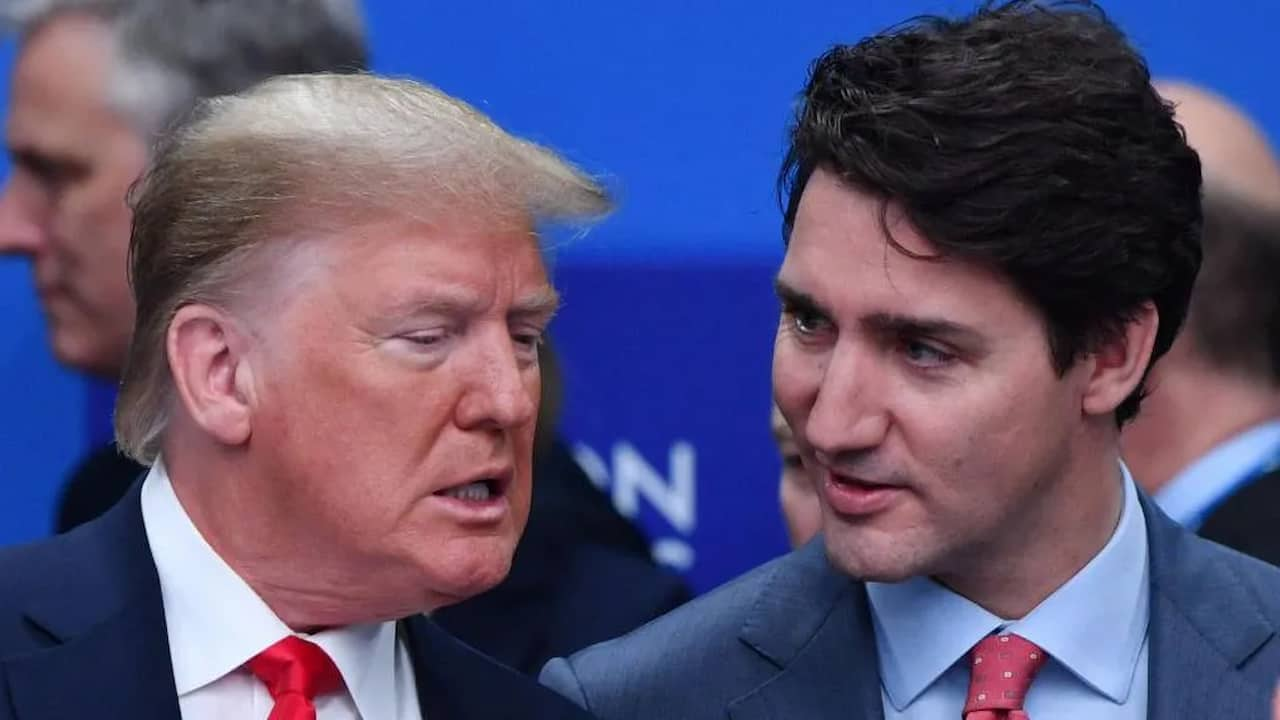Trump’s Tariff Threats Spark International Concern
President-elect Donald Trump’s recent announcement of sweeping tariffs on America’s largest trading partners has sent shockwaves through the global economy.
Trump vowed to impose 25% tariffs on goods from Mexico and Canada and an additional 10% on Chinese imports, citing concerns over drugs and illegal immigration.
International Reactions:
Canada’s Response
Canadian Prime Minister Justin Trudeau expressed readiness to work with the US “constructively” while emphasizing the need to address the situation without panic.
Trudeau highlighted that Canada’s migrant influx is significantly smaller than the U.S.-Mexico border. Canadian provincial leaders suggested potential retaliatory tariffs, with Ontario Premier Doug Ford calling the comparison to Mexico “insulting.”
Mexico’s Stance
Mexican President Claudia Sheinbaum warned that tariffs would not solve US migration or drug consumption issues. She emphasized Mexico’s efforts to tackle illegal migration and noted that migrant caravans no longer reach the border. Sheinbaum cautioned that retaliatory taxes on US imports could put shared enterprises at risk.
China’s Perspective
A spokesman for China’s embassy in Washington, Liu Pengyu, stated, “China-US economic and trade cooperation is actually beneficial in nature.” He refuted claims that China allows chemicals used in illegal drug manufacture to be smuggled into the US, citing China’s Cooperation and acting on case-related information.
Economic Implications
The proposed tariffs have already impacted currency values, with the Canadian dollar falling below 71 US cents and the Mexican peso reaching its lowest value this year. Economists are downgrading China’s economic growth targets in anticipation of further tariffs.
China’s Preparedness
China has been working to “Trump-proof” its economy by reducing reliance on US trade. Exports from China to the US fell 20% to $427 billion in 2023. The country has diversified exports to other regions and increased investments in manufacturing across Southeast Asia, Europe, and Latin America.
Potential Outcomes
Experts suggest that Trump’s tariff threats may open diplomatic negotiations. China might leverage American businesses, such as Tesla, with operations in China to moderate Trump’s policies. The situation remains fluid, with markets cautiously observing developments and awaiting concrete policy implementations.
As the global community braces for potential economic upheaval, the coming weeks will be crucial in determining the trajectory of international trade relations under the incoming Trump administration.
